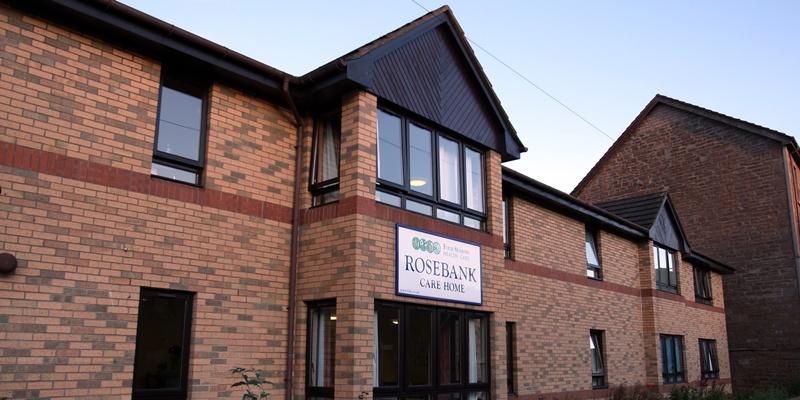A Dundee care home is to close after being branded ”unsatisfactory” by inspectors.
During a visit to the privately-operated Rosebank home, which looks after 32 adults with learning disabilities, they found one resident’s bedroom door was stuck with her inside and it took 10 minutes before anyone could find a key to open it.
The inspectors’ report said: ”This was not acceptable as it posed a serious risk to the resident in the event of a fire.”
Care services regulator SCSWIS has ordered the home’s owners to make urgent improvements, including repairs to broken bedside furniture and lights, a cracked electrical wall socket and a peeling floor covering in a toilet.
It said the home should get rid of ”a strong malodour in bedrooms” and ensure the premises were fit for use.
The inspectors were also worried by the home’s reliance on agency nurses to ”cover shortfalls in staffing” and came across ”poor practice” in completing medical records and carrying out blood sugar tests on a diabetic patient.
Staff also failed sometimes to follow correct procedures for applying prescribed creams and lotions.
Their report added: ”We found that staff had become disheartened due to the constant change in the management of the service. Staff had not received a consistent level of guidance and support that they required to be as effective as they could be in their role.”
SCIWIS has published its report after an inspection carried out in late July. It has given ”unsatisfactory” ratings the lowest possible to the quality of Rosebank’s care and support, its environment and its management and leadership.
A ”weak” rating has been given to the quality of its staff.
It represents a worsening of the home’s performance since an inspection in April.
The inspectors noted four temporary managers were in charge over that period, with a ”detrimental impact” on service development.
The home, which is part of the Four Seasons Healthcare chain, had been ordered by SCSWIS to make improvements or face closure within weeks.
Four Seasons has instead decided to cancel its registration voluntarily, which provides the home with breathing space. It will now be allowed to keep its doors open until the end of March, provided it operates to an acceptable standard during that time.
Members of Dundee City Council’s social work and health committee heard on Monday night that the authority will work with Four Seasons to assess the needs of the residents and decide where they will go. But the closure seems likely to cost the council a six-figure sum.
Social work director Alan Baird said: ”The full financial implications will not be known until full needs assessments have been carried out for all service users and will be dictated by the pace at which residents are able to be resettled.
”It is anticipated that for some people alternative care will exceed the amount currently being paid for their care at Rosebank and it is estimated that the additional ongoing costs will be in the region of £500,000.
”This will need to be considered as part of the council’s 2012/13 revenue budget preparation. The minimum additional cost to Dundee City Council in the current financial year is expected to be £104,000, which will be funded from the council’s general contingency provision.”
A Four Seasons spokeswoman said: ”There has been considerable change over recent years in the provision of care for people with learning disability. It is now believed that, where feasible, it is better for them to be supported to live in the community, preferably in their own home, to enable them to live to their full potential. This thinking is rightly reflected in Government strategy.
”As care home nursing provision is no longer considered the most appropriate support in many cases, we have seen a decline in the requirement for placements in Rosebank care home.
“As a consequence of this situation we have reluctantly decided to close Rosebank before the end of March next year. Meanwhile we will work in close consultation with Dundee City Council.”
She added: ”Everyone involved in managing this process is committed to make this transition a positive one for the residents.”
